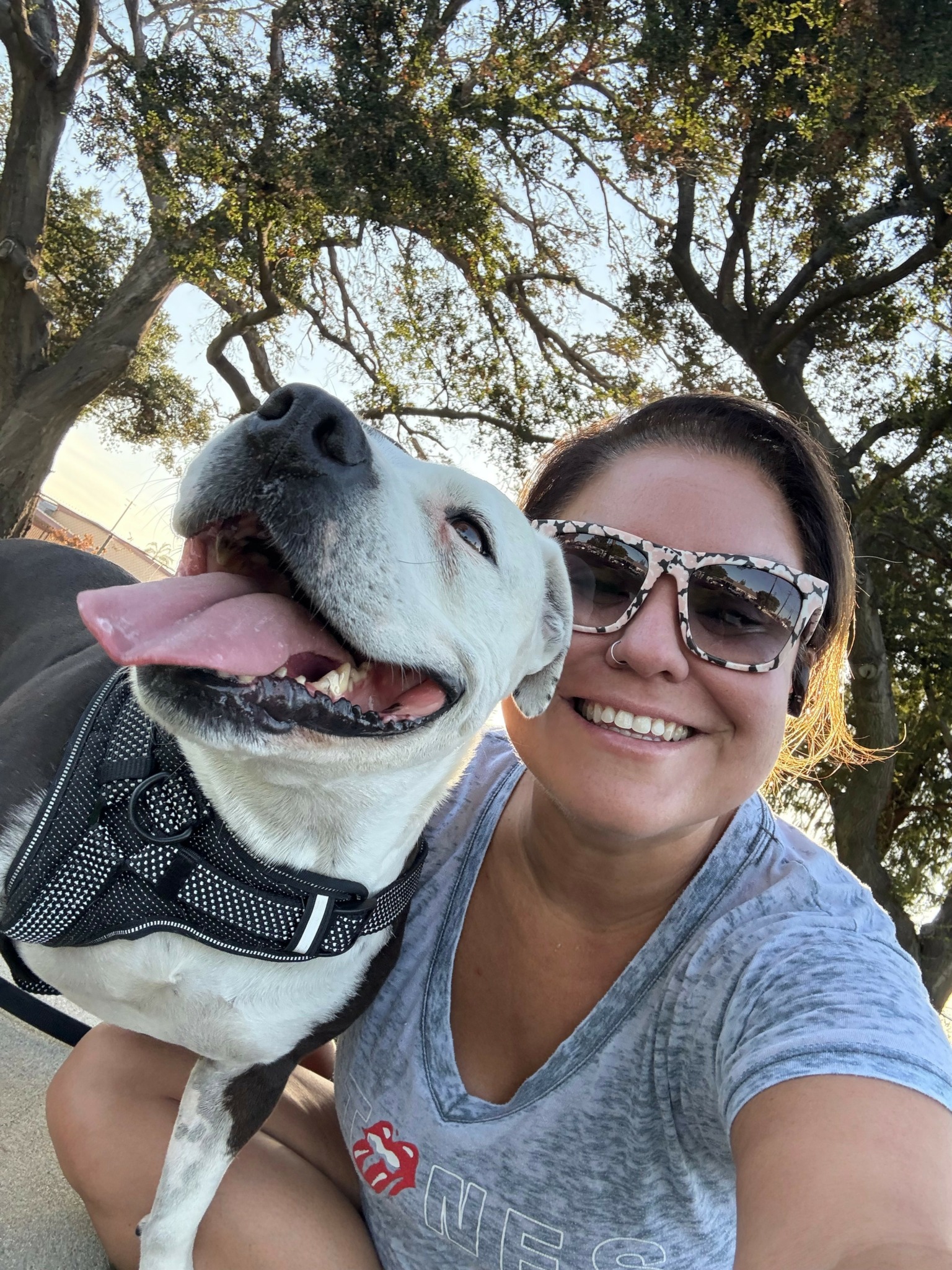We caught up with the brilliant and insightful Debora Ribas-Santos a few weeks ago and have shared our conversation below.
Debora, appreciate you joining us today. Folks often look at a successful business and imagine it was an overnight success, but from what we’ve seen this is often far from the truth. We’d love to hear your scaling up story – walk us through how you grew over time – what were some of the big things you had to do to grow and what was that scaling up journey like?
I started my private practice as a solo practitioner in 2018, and I now have six additional clinicians working for me. It has been a wild ride! The initial decision to hire an additional clinician stemmed from the fact that absolute love of providing clinical supervision to associate therapists. It has been a slow process of learning and growing since I made that decision to expand in 2022. I have learned a lot about myself in the process. It has been a bit of a challenge to find a balance between two primary hats I’m wearing: the boss versus the clinical supervisor and mental health therapist. I think implementing a solid hiring plan will help refine the candidate list.
Knowing what ethics and morals are important to me and the team is how I started with implementing that solid hiring plan. Ensuring that any additional employee will complement those professional ethics and morals. My practice motto is: “A haven for personal healing, growth, and discovery.” Having supportive employees who share that vision is crucial to my growth. Additionally, I believe in setting clear, concise expectations for each employee while remaining supportive. Learning how to create clear, concise expectations came from obstacles. I had to learn how to verbalize the company’s wants and needs in a way that is easy to understand, as well as my expectations as the owner. When people are unable to meet those needs, it is up to me to figure out how to move forward with that person.
Lastly, learning how to delegate tasks and become more comfortable sharing them has been important to my growth as well. When I was able to hire another licensed therapist to take over weekly clinical supervision, it was incredible! It helped free up some of my time during the week, and I was able to dedicate it to other business tasks, such as networking.

As always, we appreciate you sharing your insights and we’ve got a few more questions for you, but before we get to all of that can you take a minute to introduce yourself and give our readers some of your back background and context?
My name is Debora Ribas-Santos, and I am a Licensed Clinical Social Worker. Ever since I was a child, I have had a strong desire to help people. Throughout my professional and personal life, my interactions with others have encompassed that desire. With time and patience, I finally learned how I wanted to help others. Initially, it was through medical social work, and with time, I finally opened my private practice (in 2018). For one-on-one therapy, I work primarily with folks with chronic illnesses, depression, anxiety, grief/loss, and life transitions. In addition to individual therapy, I also conduct mental health evaluations for immigration purposes. Each of my clinicians has a different specialty. For example, some work with children (ages nine and up), others work with couples, or use different modalities such as Internal Family Systems or art therapy techniques.
Since opening my private practice, I have grown to having six other clinicians on the team. Slow, steady growth is something I am incredibly proud. My practice mission is to provide accessible and compassionate mental health care that promotes healing and empowers individuals to live full, authentic lives. One way I do that is by using a pay-what-you-can (PWYC) model for our private-pay clients. PWYC, as an alternative to the sliding scale, is a collaborative approach between client and therapist that helps determine a fee that works for both the business and the client’s needs. Another effort to be affordable and accessible is becoming in-network with insurance panels. I am currently in-network with Aetna and Cigna. We are close to becoming in-network with medi-cal.

Have you ever had to pivot?
My educational timeline is a series of pivots. To some, it would be surprising to learn that I struggled in school as a child and in my early adulthood. I had my own chronic illnesses as a child that made education incredibly challenging, for a variety of reasons. As I prepped for high school graduation, I knew I wanted to be in the helping profession, but I didn’t know how. I started at a community college, frequently changing my major and eventually landing on academic probation. I had to dig myself out of that probation and finally got my associate’s degree. I eventually transferred to university, but still did not know what I wanted to do. I transferred at an age that I considered “older.” In hindsight, I know I was not old, but I felt the pressure at the time. I initially enrolled as a linguistics major, but within two weeks of starting, I knew it wasn’t what I wanted. I stuck it out for a year, thinking I had to simply stick with it to be done with it. Unfortunately, the pressure pushed me into a depression because I knew linguistics was not for me, but I did not know what to switch to.
Finally, after about a year of that depressive funk, I sat myself down with the college catalog and read through each major. When I got to sociology, it was almost as if a light was coming from behind the catalog, with singing/positive music in the background. It was definitely a movie moment. I made the transition to sociology and really buckled down by taking 18-20 unit semesters because I had to start all over again! And it was truly one of the best decisions I made for myself. I knew I was moving in the right direction and was able to graduate with a healthy GPA, which I never thought I’d achieve.
Having the sociology foundation helped motivate me to get my master’s in social work. Going from the child who could not keep up with classmates in elementary school to now having a master’s degree is a major accomplishment!

Any advice for managing a team?
I’m not sure I have the right secret sauce for this, but I do believe having good communication is a great place to start. My team needs to know my expectations. And on the flip side of that, my team communicating to me what they need is equally important. I typically end each meeting by asking my team: “Is there anything you need me from me, to do your job better?” Because I have an open line of communication, we can have these discussions.
In addition to open communication, I believe in praising employees so that they know how well they are doing. I have learned from previous toxic workplaces that positive feedback is important in contributing to (and maintaining) high morale.
Lastly, transparency is also just as important as the other two factors. Transparency regarding finances, expectations, and overall business goals helps with managing the team and maintaining high morale.
Contact Info:
- Website: https://www.lighthousetherapeuticservices.com
- Instagram: www.instragram.com/lighthousetherapeuticservice
- Other: https://share.google/K45PVCwFsO6M6pI


Image Credits
Professional headshots taken by Priscilla Gibbs Photography


